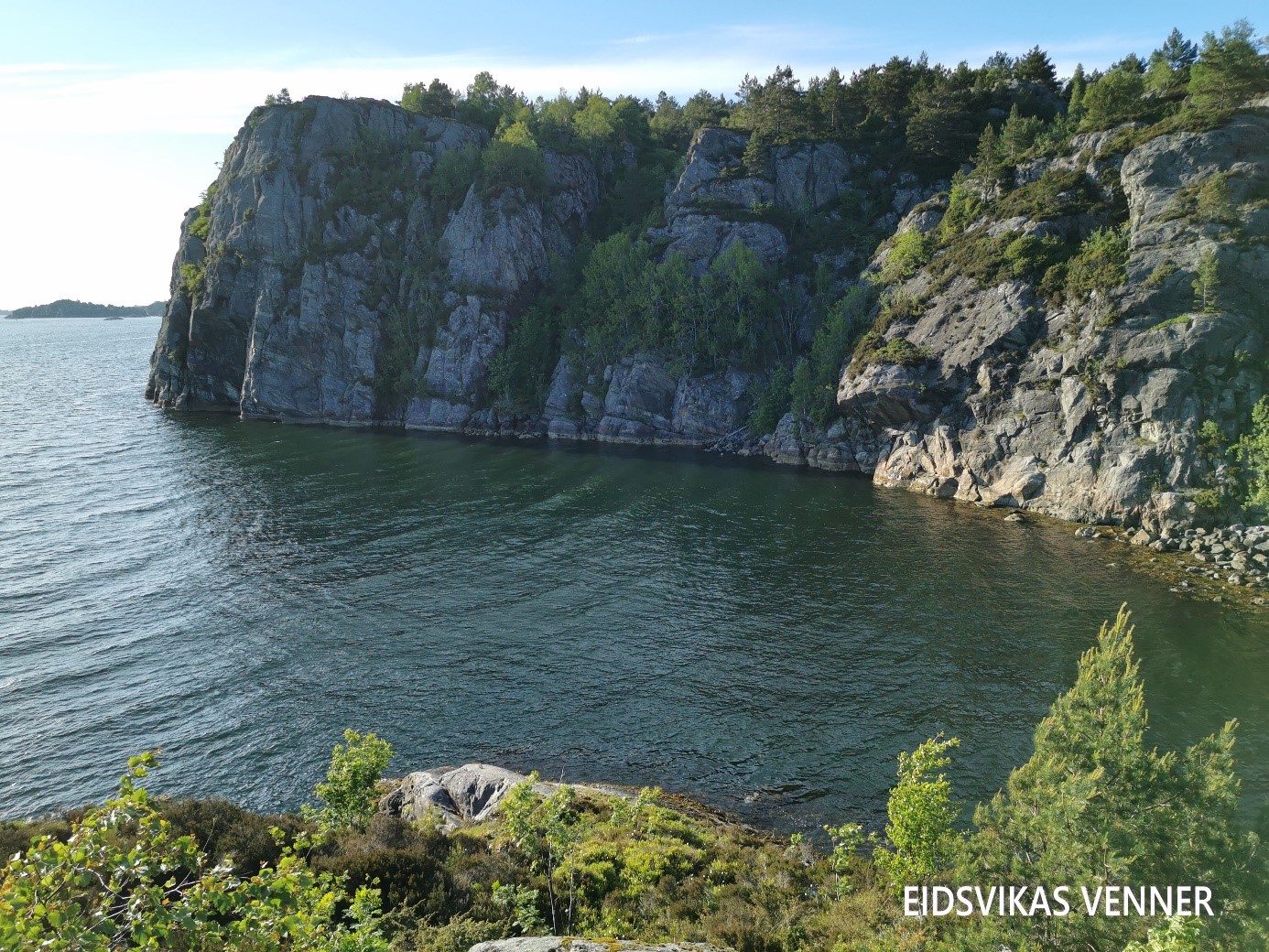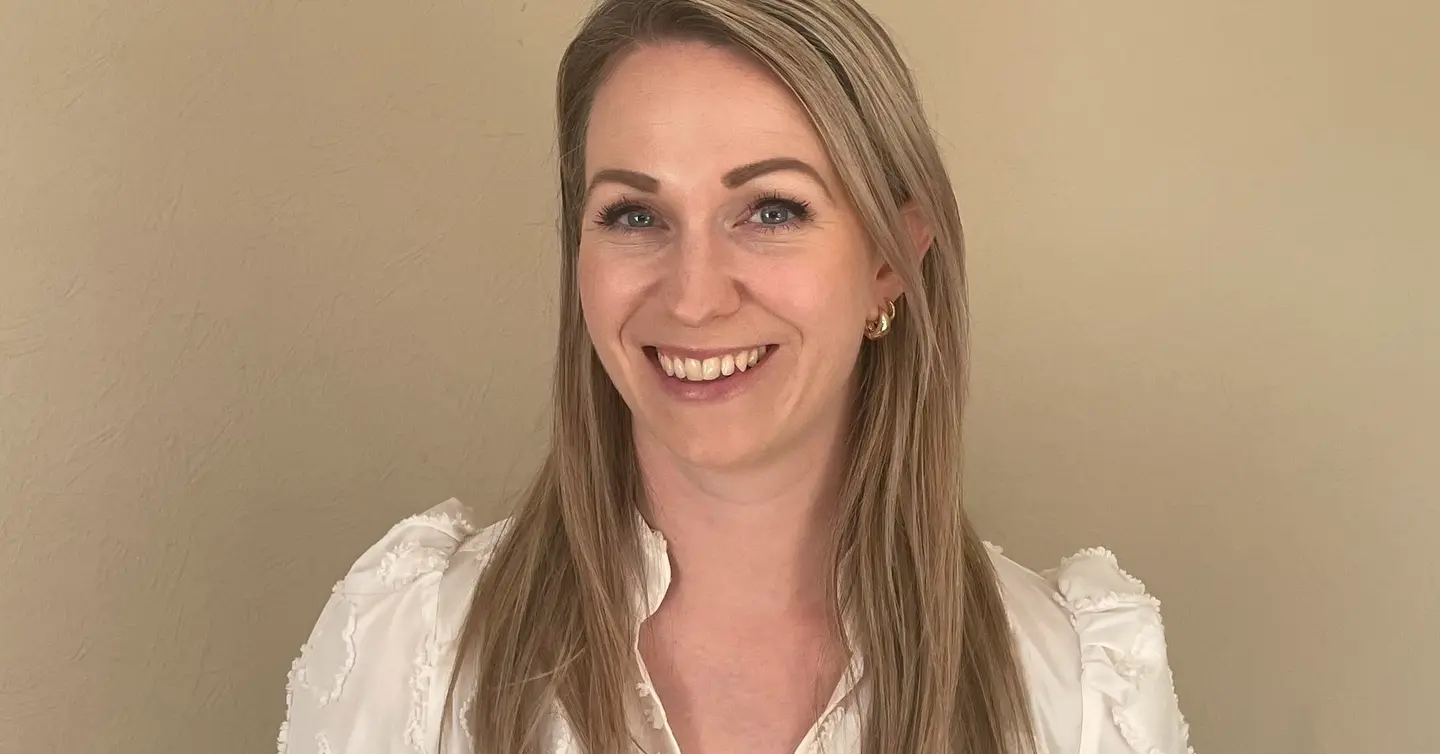Time to Delete
Every day enormous amounts of data is created, saved and analysed. In this project we look at how data storage impacts nature, and what can be done to reduce consumption.
 Manuel-Geissinger
Manuel-GeissingerBackground
More and more people are becoming aware of the fact that our digital lives demand huge resources. We read about Google’s data centre that is being built in Skien (article in Norwegian). Once it is finished it will consume about 5% of the total energy used in Norway! The forest has already been chopped down to make room for the mega corporation. Our digital consumption is suddenly very up close and personal. What price do we pay for free services like web searches and storage of films, images, and documents?
On the Internet it’s easy to add, and difficult to remove.
This all piles up. And all the data that is being transferred to servers to be stored there, requires large amounts of energy and leads to climate gas emissions. The servers need electricity, especially for cooling.Some data is needed, but a lot of what’s being stored is unnecessary. To us, at least. But it’s valuable information for those who buy and sell information about us. Our clicks, swipes, comments and actions online are also being saved. And these traces of us get analysed by companies, which again creates even more data that must be stored in data centres. Which repercussions does this surveillance and analysis of our actions have, for our resource use and for our democracy?
Articles about data storage
We will publish more articles about data storage, energy consumption, and nature. You can find these on our page about energy.
The goal of Time to Delete
We will gather up and share good information on different ways data storage impacts nature and the environment.
We want to inform schools, organisations and companies about specific steps they can take to reduce the amount of data. How to prevent high data consumption and unnecessary storage? What digital services and platforms consume a lot of energy, and what alternatives exist? What are some examples of good routines for archiving and deleting?
We are working to ensure this issue gets increased information in debates and in the media.
Contakt
Mona Maria Løberg
Supporters
Bergen municipality has supported the project financially in 2023-24. Skyfritt gives good advice (in Norwegian).

News in English
Thanks to our volunteers, we have a number of articles in English.


